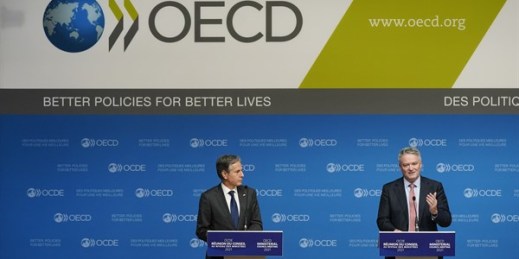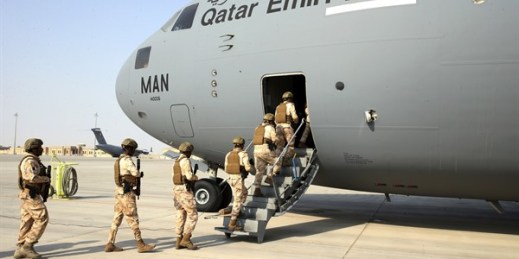
A new agreement negotiated under the auspices of the G-20 and the Organization for Economic Cooperation and Development aims to crack down on tax havens by subjecting the world’s largest and most profitable multinational corporations to a minimum corporate tax rate of 15 percent. The deal has been agreed by 136 countries and jurisdictions, collectively representing more than 90 percent of the global economy. The OECD is hoping it will become effective by 2023. Many economists and commentators argue that such a deal is long overdue, given the ability of many gigantic corporations to avoid paying taxes on all or […]


